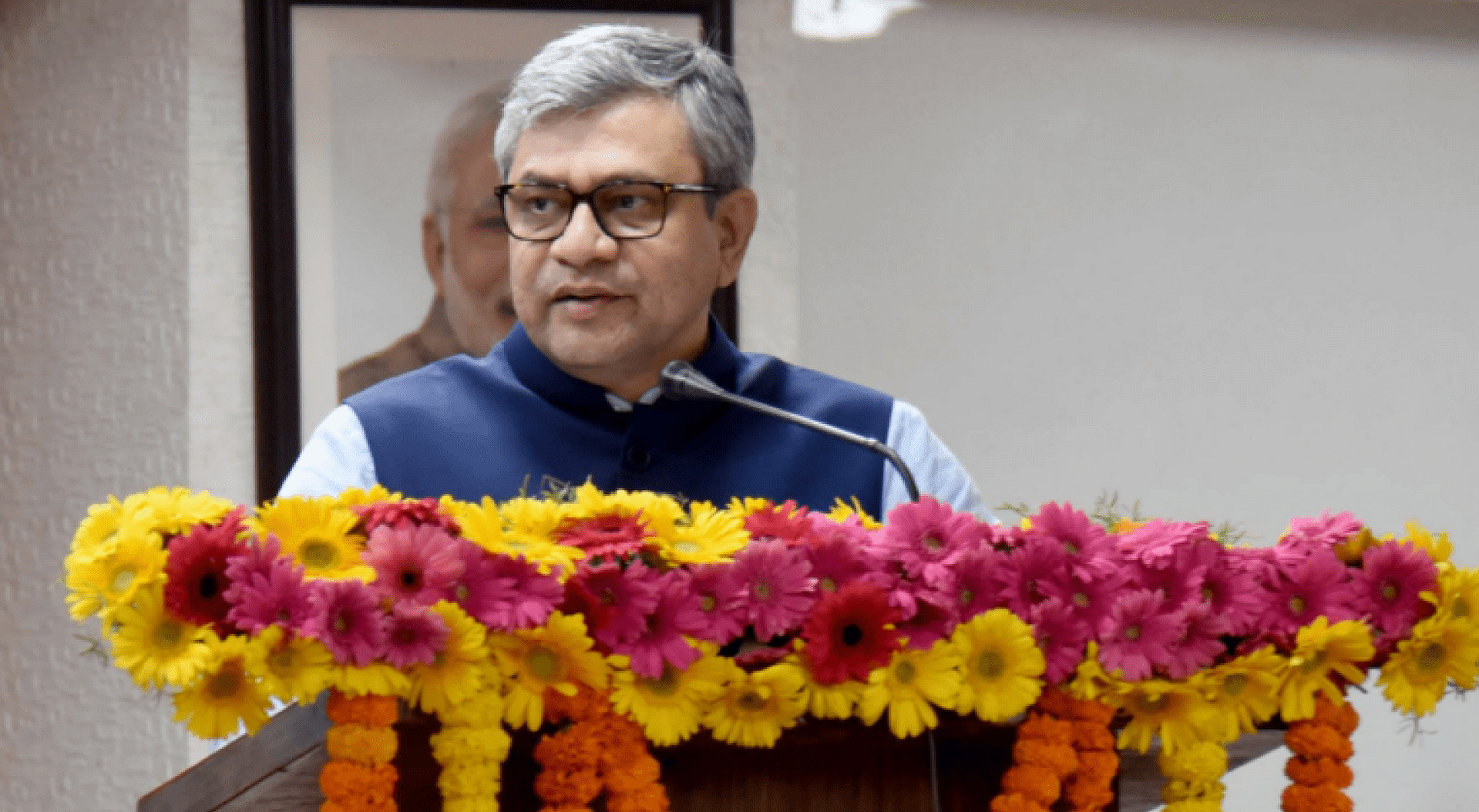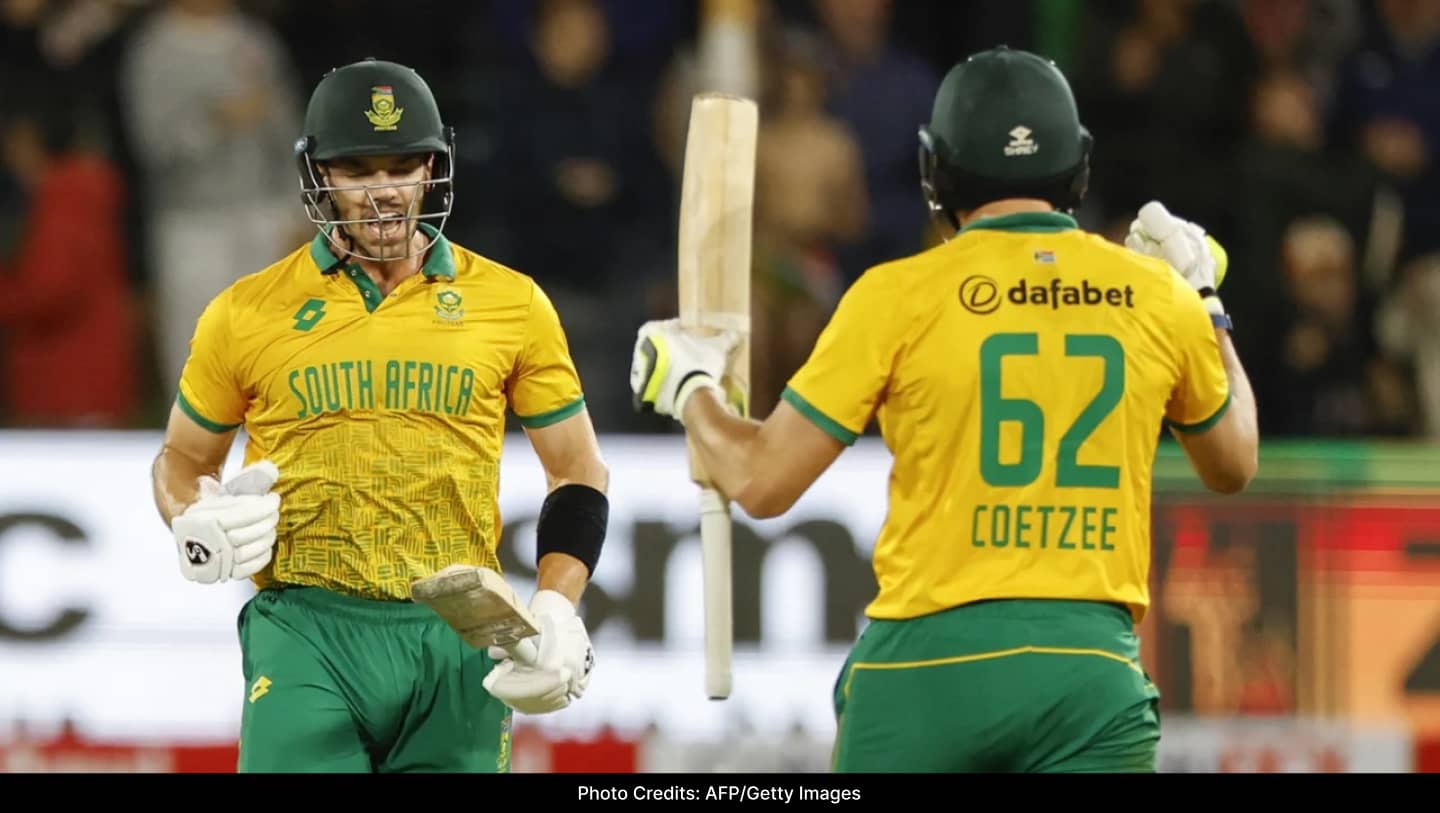Union Minister for Communications, Electronics and IT Ashwini Vaishnaw said on Saturday (November 18) that the Center plans to convene major social media platforms to discuss ways to combat the growing menace of deepfakes.
A deepfake is an image, video or audio recording that has been altered using an algorithm to replace the person in the original with someone else.
In response to a question, the minister confirmed that Meta and Google would be directed to attend the meeting.
“They are taking steps … but we think many more steps will need to be taken.” And very soon we will hold a meeting of all the platforms… Maybe in the next three to four days we will invite them to brainstorm about it and make sure that the platforms put enough effort to prevent (deepfakes) and clean it into their system,” Vaishnaw said.
According to the report, Vaishnaw also warned platforms that they could lose their safe harbor immunity if adequate measures are not taken to remove deepfakes.
Section 79 of the IT Act grants social media platforms the status of intermediaries. This offers them exemptions and some immunity from liability for any third party content. As such, they cannot be held legally responsible for any data or information posted by a Hosted User on the Platform.
Vaishnaw’s comment comes just a day after Prime Minister Narendra Modi called deepfakes problematic and called on the media to educate people about the issue.
Earlier, Minister of State (MoS) for Electronics and Information Technology Rajeev Chandrasekhar had also termed deepfakes as a “serious violation of the law”. He also put the onus on social media platforms, saying they are legally required to take down such content within 36 hours.
Deepfakes made national headlines after a synthetic video allegedly featuring actress Rashmika Mandanna went viral on the internet. As a result, politicians, celebrities and members of civil society have flagged concerns about deepfakes.
The topic also highlighted the emergence of generative artificial intelligence (AI), which has accelerated this trend and made it easier for amateurs to create deepfakes from the confines of their homes.
Meanwhile, the Delhi Commission for Women (DCW) has also taken suo moto cognizance of the media reports on the deeply fake controversy and even sought a copy of the FIR registered in the matter.
The Delhi Police, in turn, launched an investigation into the matter and even sought details from the Met about the URL from which the deeply fake Mandanna video originated. It also ordered the social media giant to share information about users who allegedly shared the fake video online.




